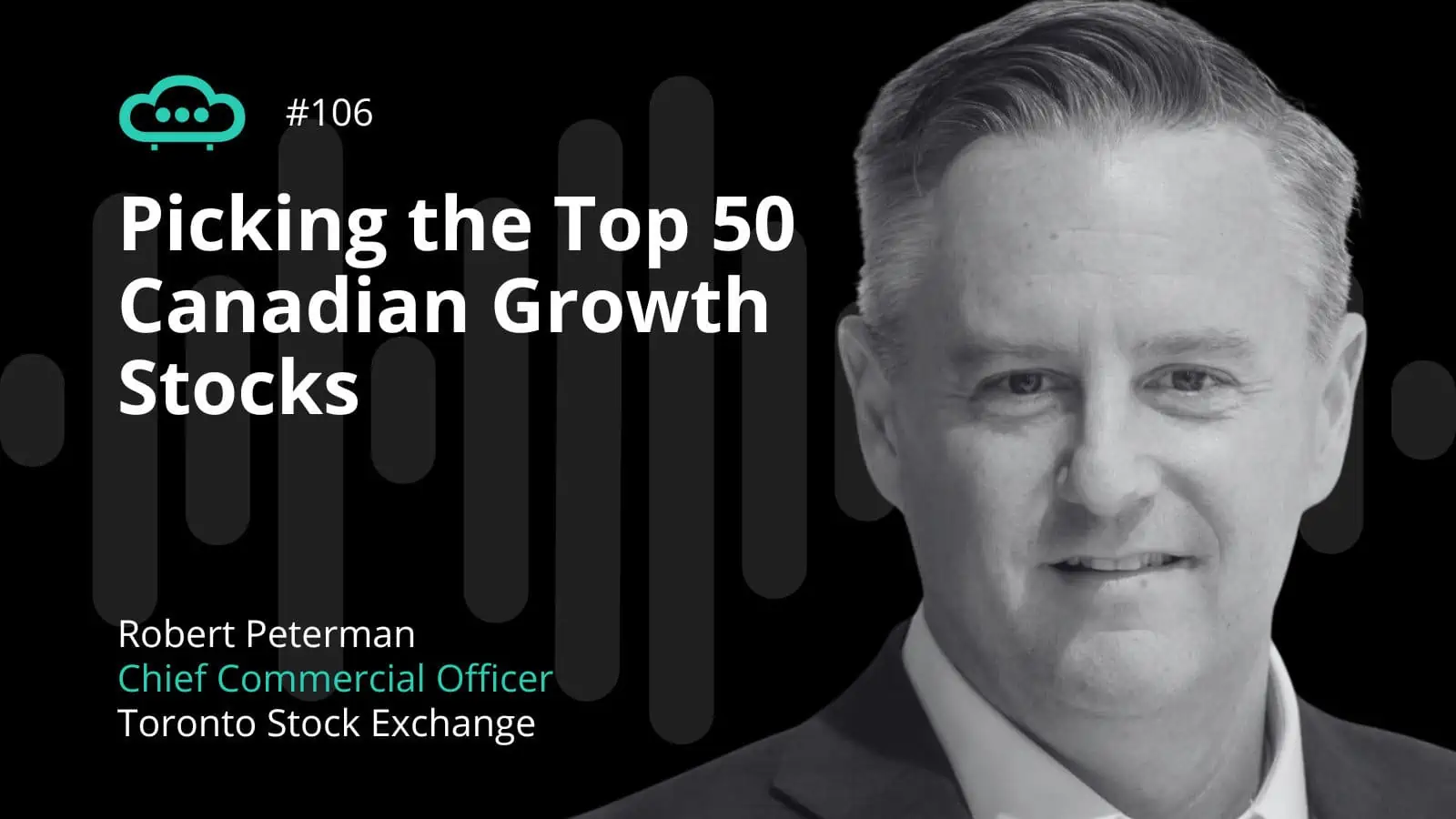To say that there has been an apparent uptick in M&A activity across the biopharma sector would be a vast understatement. Following a deal in May to acquire US biotech Biohaven Pharmaceuticals for $11.6bn and a recent deal to buy Arena Pharmaceuticals for $6.7bn, now Pfizer is close to closing on Global Blood Therapeutics for $5.4 bn.
And the New York based company which has been making aggressive deals is by no means alone. Recently Amgen announced a deal to buy ChemoCentryx for $3.7bn, Gilead said it would acquire UK-based MiroBio for $405m, and London-listed private hospital group Mediclinic has accepted a £3.7bn takeover bid from a consortium made up of its largest shareholder and the world’s biggest container shipping group.
Coming off the back of huge cash piles generated by the success of Covid-19 vaccines and a combination of larger pharmaceutical companies seeking new drugs to bolster their pipelines, does this this signal the start of a recovery in M&A activity across the sector or is it merely a momentary burst amid challenging global macroeconomic conditions?
We are back with Season 3 of The Armchair Trader this week, and we are kicking off with a high-level look at activity in the biopharma sector. In the hot seat we have Merlin Piscitelli, UK lead at Datasite, who has been crunching the numbers on M&A activity in the biopharma sector.
Listen wherever you get your podcasts: Spotify, Soundcloud, Amazon, Apple, YouTube and many other popular platforms
Datasite sits at the centre of the M&A universe and has a good perspective on what has been going on in the sector. The market has seen a massive uptick in M&A activity in 2020-21 although there has been a little bit a fall in 2022, largely due to the costs of debt financing.
Much of the biopharma market is driven by patents, the ability of firms to make money from patented drugs before those patents expire. A lot of the larger companies are sitting on a suite of patents that are approaching expiry, and this could drive further appetite for acquisitions as we move into 2023.
Drugs companies still get to sell their original products, but as other companies are allowed to copy it once the patent expires, this increases price competition: see for example Bristol Myers Squibb’s Revlimid cancer drug and Roche Holdings’ eye drug Lucentis as examples. This sort of patent expiry can put a significant dent in drugs firms’ bottom line.
A drop in the valuations of small to mid-cap biotechs also means that larger pharma firms will use this as an opportunity to pick up some new IP. We saw a similar situation in the early 2000s when small molecule drugs were forced down in price to the tune of 90% or more.
Drugs are, however, becoming much more sophisticated. Today’s biologic drugs are created using living organisms and are harder to copy. This means even if a patent does expire there could be a significant time lag before a company faces serious competition for its drug. Just taking one example, AbbVie has said it anticipates sales of its Humira arthritis therapy to be eroded by only 45% in 2023 (in the European market). It would still, however, represent a loss of $8.4m, which is not to be sniffed at!












